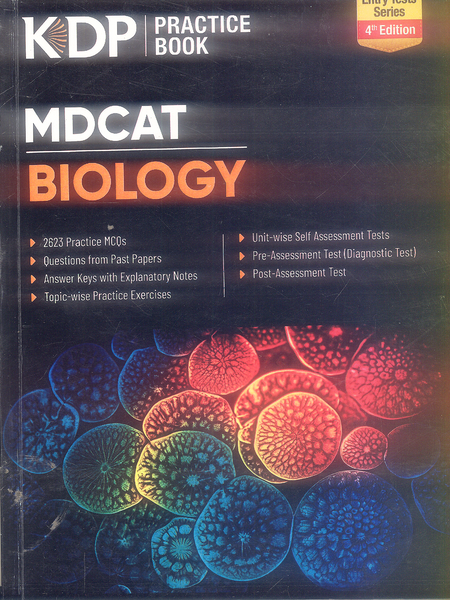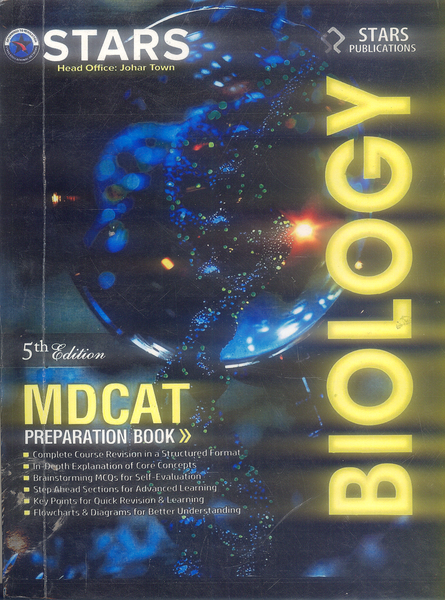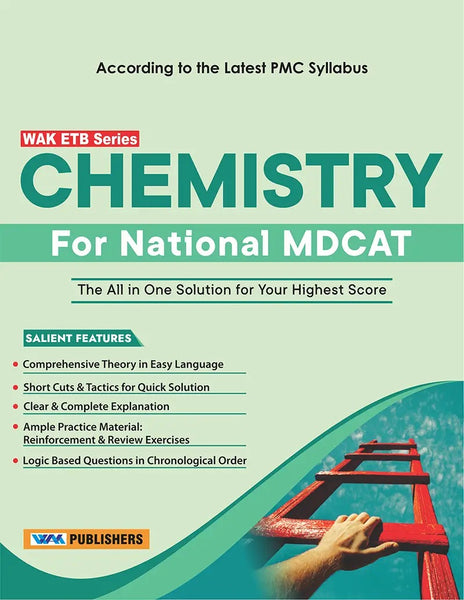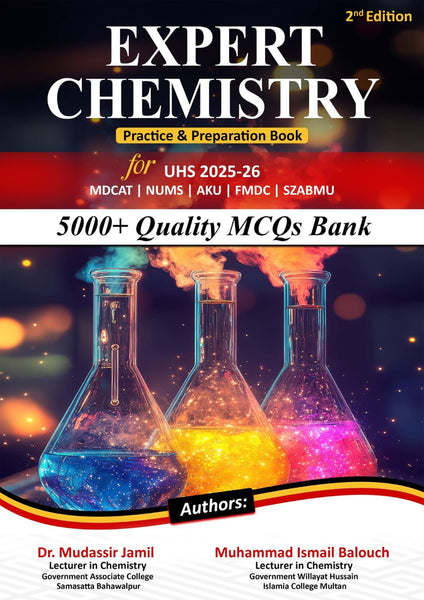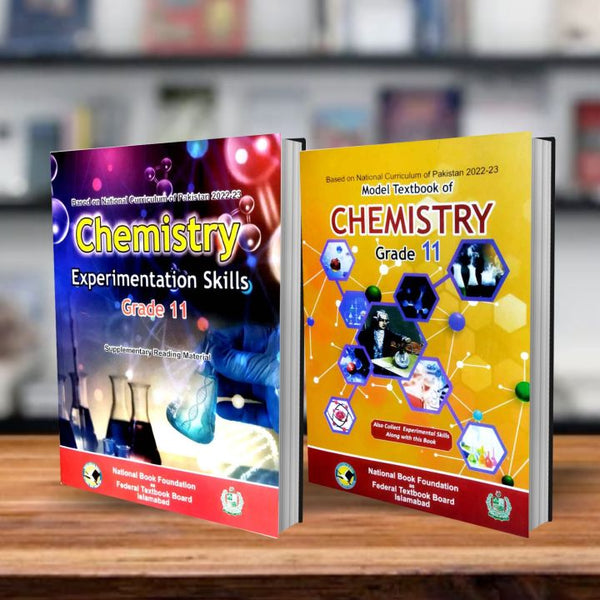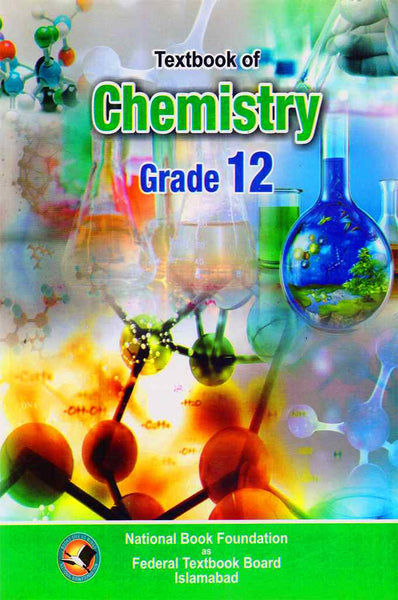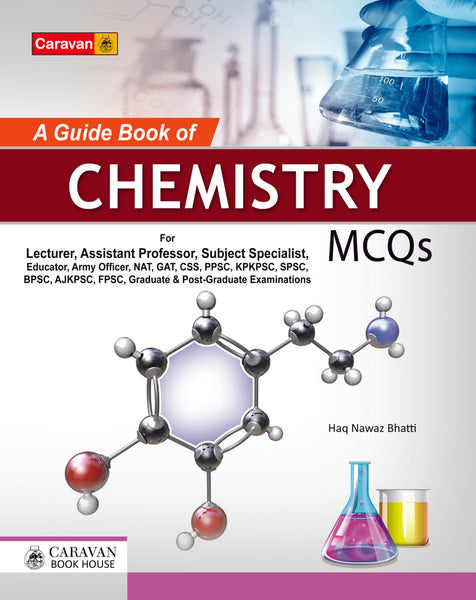Chromatography Concepts And Contrasts 2nd Edition By James Miller
- Publisher: CHEMISTRY
- Availability: In Stock
- SKU: 50753
- Number of Pages: 518
Rs.2,270.00
Rs.3,495.00
Tags: Affinity Chromatography , Analytical Chemistry , Analytical Instruments , Analytical Methods , Best Price , Best Selling Books , Book Shop , Calibration Curves , Chromatographic Applications , Chromatographic Principles , Chromatographic Results , Chromatographic Science , Chromatographic Techniques , Chromatographic Theory , Chromatography , Chromatography Books , Chromatography Resources , Chromatography Textbooks , Column Selection , Comparative Analysis , Convenient Shopping , Data Analysis , Data Interpretation , Detection Techniques , Environmental Analysis , Forensic Science , Future Directions , Gas Chromatography , High-Performance Liquid Chromatography , HPLC , Instrumentation , Integration , Internet Shop , Ion Chromatography , James Miller , Liquid Chromatography , Method Development , Method Optimization , Miniaturization , Mobile Phase Composition , Online Book Shop , ONLINE BOOKS , Online Books Shop , Online Bookshop , Peak Integration , Pharmaceutical Analysis , Quantification , Second Edition. , Separation Science , Trends , Troubleshooting , UHPLC , Ultra-High-Performance Liquid Chromatography
"Chromatography Concepts And Contrasts 2nd Edition By James Miller provides a comprehensive overview of chromatography techniques, highlighting their principles and differences. The book serves as an invaluable resource for both beginners and experienced chromatographers, offering insights into the theory, applications, and advancements in chromatographic methods. From basic concepts to advanced methodologies, readers gain a deeper understanding of the various chromatographic techniques and their practical implications."
Key Points:
1. Principle of Chromatography Chromatography relies on the differential interaction of analytes with a stationary phase and a mobile phase to separate mixtures into their individual components.
2. Types of Chromatography The book covers various chromatographic techniques including gas chromatography (GC), liquid chromatography (LC), ion chromatography (IC), and affinity chromatography, elucidating their principles and applications.
3. Instrumentation Detailed descriptions of chromatographic instrumentation, such as columns, detectors, and pumps, offer insights into their functionalities and roles in achieving efficient separations.
4. Applications Exploration of diverse applications of chromatography in fields such as pharmaceuticals, environmental analysis, food science, and forensics, showcasing its versatility and importance in different industries.
5. Method Development Guidelines for method development and optimization, including parameters like column selection, mobile phase composition, and detection techniques, aid chromatographers in designing effective separation protocols.
6. Advances in Chromatography Updates on recent advancements in chromatographic technology, such as high-performance liquid chromatography (HPLC), ultra-high-performance liquid chromatography (UHPLC), and hyphenated techniques, keep readers informed about the latest developments in the field.
7. Comparison of Techniques Comparative analysis of different chromatographic methods, highlighting their strengths, limitations, and specific applications, assists readers in selecting the most suitable technique for their analytical needs.
8. Troubleshooting and Optimization Identification of common challenges faced during chromatographic analysis and strategies for troubleshooting and optimizing separations ensure reliable and reproducible results.
9. Data Analysis Discussion on data interpretation and analysis techniques, including peak integration, calibration curves, and quantification methods, facilitates accurate and meaningful interpretation of chromatographic results.
10. Future Perspectives Insights into emerging trends and future directions in chromatography, such as miniaturization, automation, and the integration of chromatography with other analytical techniques, provide a glimpse into the evolving landscape of chromatographic science.
Chromatography Concepts And Contrasts 2nd Edition By James Miller equips readers with a comprehensive understanding of chromatographic principles, techniques, and applications, making it an indispensable resource for chromatographers and researchers alike.
════ ⋆★⋆ ════
Writer ✤ James Miller



